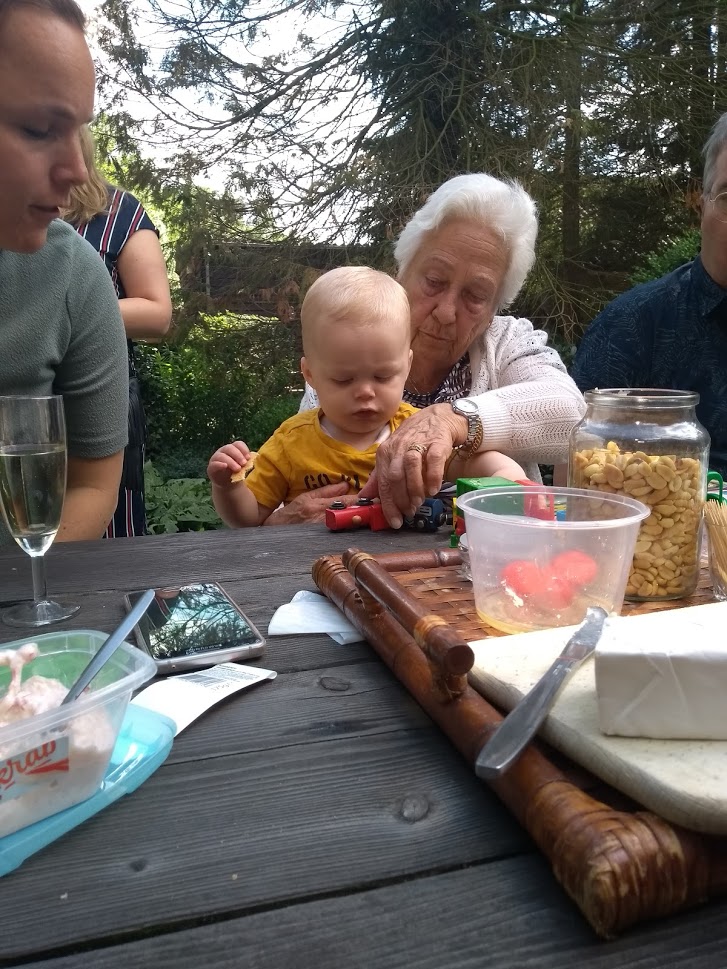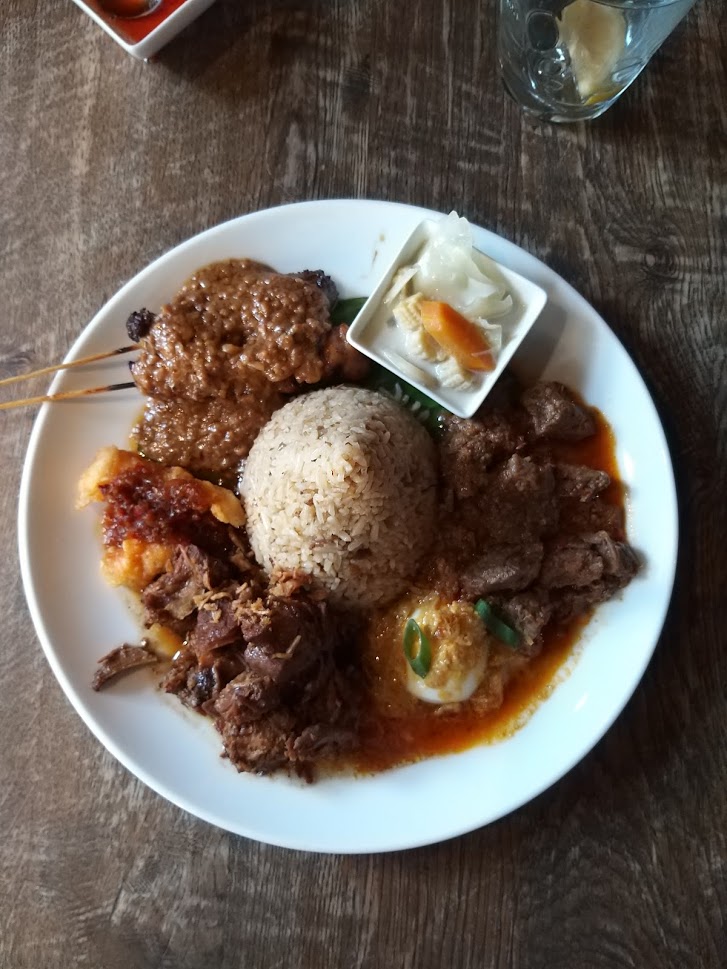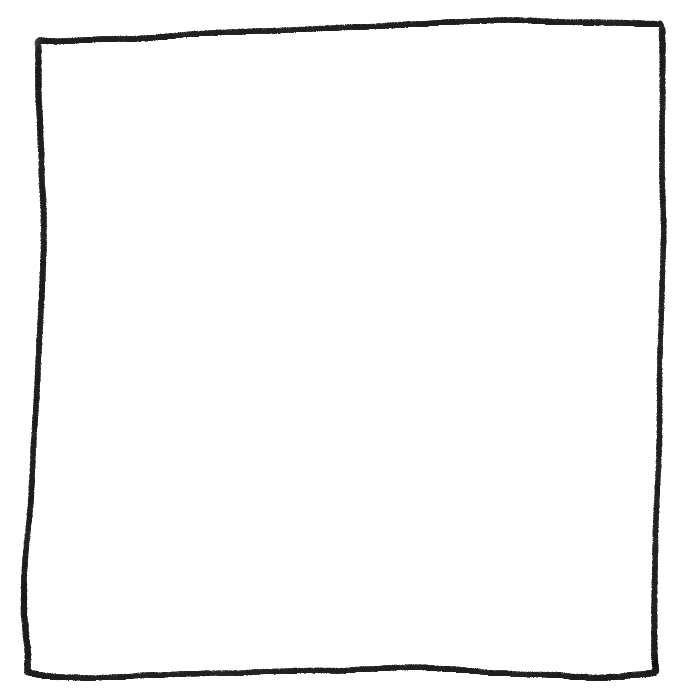At the beginning of the text Ahmed outlines the nuclear family as the source of the venerable and beautiful, and how not following ‘traditional family values’ because of your desire to be yourself, could be seen as damaging or destroying them. She then goes on to say that “We might use the word family to describe our queer gatherings; queer as reuse”
It’s become common in my circle of close friends to refer to each other as family, and moreover as found family. All of us being some degree of both queer and nerdy means that we relate to terms often used to classify certain genres or types of media. Popular among these is what’s called the ‘found family trope.’ A family of choice, often about relationships between the main cast of a type of media about growing closer and filling positions in each other’s lives usually reserved for next of kin.
A queer existence, tragically, often involves a degree of isolation and rejection. When you’re faced with this rejection and isolation you begin to search for allies, build communities and create your own support system that your kin would not provide for you. Relating to these experiences we search for them in our media.
My personal area of expertise is the world of tabletop role-playing games (ttrpgs), in which this trope is more a norm than an exception. In these games, not only do the players grow closer through each other through shared experiences, the player characters often are outcasts who find each other and built relationships that do often resemble that of a family.
As such the found family trope is rejecting the idea of family as an institution, that promises happiness by limiting and narrowing down what it means to have a good life. With queer creatures often making use of this trope to further expand and represent on what community and family mean. Based on these initial reflections and my hypothesis is that the trope of the found or chosen family is inherently queer.
References:
Hale, G. (2019, October 17). No Longer The 'Only Gay in the Village' - Queer Communities and Found-Family in Speculative Fiction. Retrieved September 06, 2020, from https://www.tor.com/2019/10/17/no-longer-the-only-gay-in-the-village-queer-communities-and-found-family-in-speculative-fiction/
Family of Choice. (n.d.). Retrieved September 06, 2020, from https://tvtropes.org/pmwiki/pmwiki.php/Main/FamilyOfChoice
Based on the quote: "We might use the word family to describe our queer gatherings; queer use as reuse."
Could the media trope of 'found family' be categorized as inherently queer?
I will go into more detail about this in the text left of this
A design project related to this text, came up instantly when I read this phrase:
"Stryker offers her own rearrangement by refiguring transgender embodiment as an affinity to monsters, to those who have been deemed monstrous, speaking back to Frankenstein in words sharpened by rage. Queer use: when we aim to shatter what has provided a container."
Over the past year I've begun my research into games that make statements, and mean something. One of the games quickly recommended to me was Monsterhearts 2, a tabletop roleplaying game designed by Avery Alder. https://buriedwithoutceremony.com/monsterhearts
The games Avery Alder creates are often about a sense of community, relationships, and queerness. Monsterhearts 2 is no exception to this, including mechanics of attraction between characters regardless of gender expression, stating that you don't get a choice in what turns you on, and what doesn't. It has a separate section on asexuality as well.
"When you stop the machine from working you have damaged the machine. Plumbers might need to become vandals, or we might have to pass as plumbers (fixing the leaks) to become vandals (making leaks bigger). We might have to throw a wrench in the works or become, to use Sarah Franklin’s (2015) terms “wenches in the works,” to throw our bodies into the system, to try and stop the same old bodies, doing the same old things."
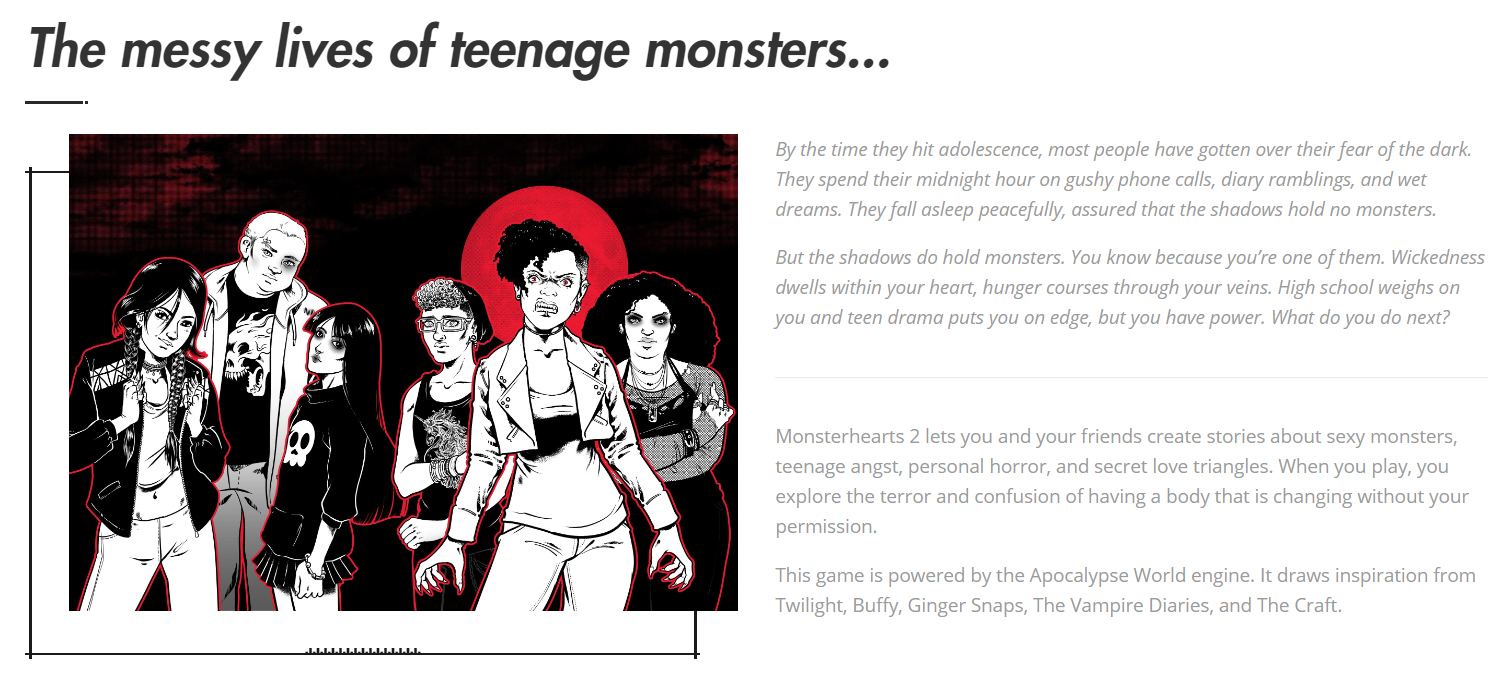
I've chosen several of Ahmed's texts to read and take notes on. After skimming through several texts it became clear that many of them cross reference each other, and I would benefit from multiple texts around the same theme.
The texts I have read are:
o Warnings (2018)
o Strategic inefficiency (2018)
o White friend (2019)
o Why complain? (2019)
o Queer Vandalism (2019)
o The same door (2019)
The text 'slammed doors' (2020) is still on my reading list, but for this exercise I will be focusing on the text 'Queer Vandalism', as some of the passages within this text had the more appealing ideas for my areas of interest.
https://feministkilljoys.com/2019/10/09/queer-vandalism/
About the author:
From the authors about page
on https://feministkilljoys.com/:
The website is her research blog, and explains herself being a feminist killjoy, referring to her philosophy and politics.
From the cv found on her website I have found that her publications date back as far as 1996, which is within a year of her being awarded her PhD in 1995.
The field she works in, as she describes being the intersection of feminist, queer and race studies. She says: "My research is concerned with how bodies and worlds take shape; and how power is secured and challenged in everyday life worlds as well as institutional cultures"
4. Words and phrases in this text that I had to look up, and how I have with the help of a dictionary tried to define them in a way that they fit within the context of this text:
• Militancy of second wave feminism – The use of confrontational or violent methods in support of their political and social calls.
• Pioneering on a reverse frontier – To venture back into an already established phenomenon, but in a way that is new, unexplored or previously deemed unintended.
• Heterosexism – Discrimination against homosexuals (unclear whether LGBTQIA as a whole or specifically homosexuals) on the assumption that heterosexuality is the normal sexual orientation.
• Kinship – A sharing of characteristics or origins
• Utilitarianism – The doctrine that actions are right if they are used for the benefit of a majority.
• Eugenics – The study of how to arrange reproduction within a human population to increase the occurrence of heritable characteristics regarded as desirable
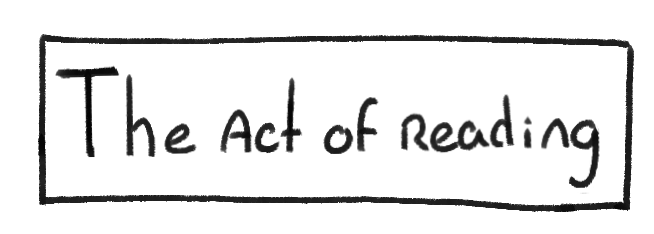
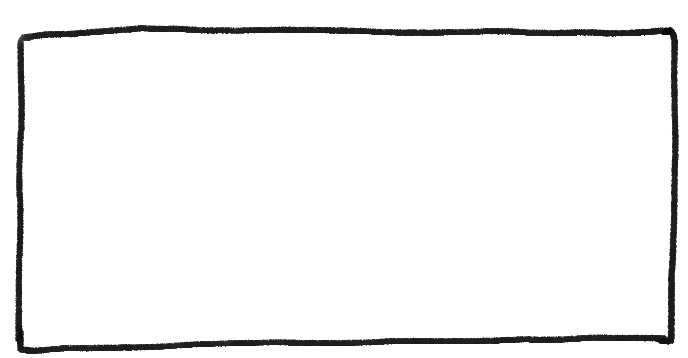
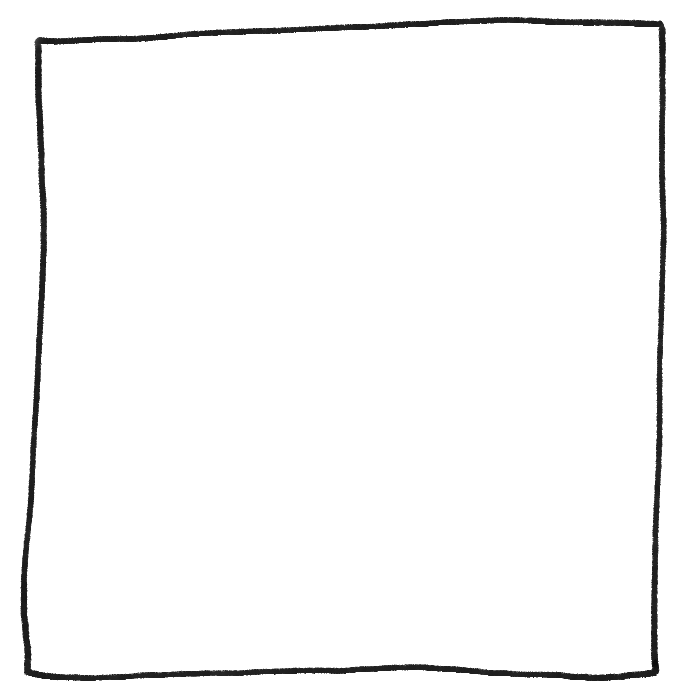
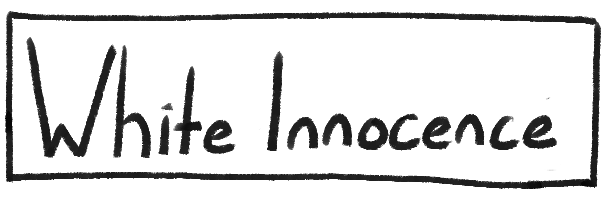
Race, like gender, is ‘real’ in the sense that it has real, though changing, effects in the world and real, tangible, and complex impacts on individuals’ sense of self and life chances”
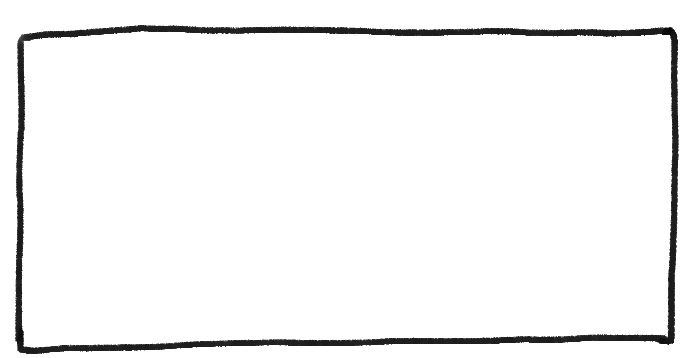
About the Author:
Gloria Wekker is a professor and writer who specialized in genderstudies, caribiean studies, as well as secuality, etnicity and post-colonialism. In the Netherlands she's most known for her work on racism within the Netherlands as well as her intersectional thinking within the feminism movements.
Another notable thing I found is that she was the first woman of colour to be a professor at the University of Utrecht, in 2001. (which really, is not that long ago)
For notable phrases I've found in the introduction, please have a look at the homework section of the class Notebook.
Based off of this quote on page 9.
"Indos are the descendants of white men and indigenous women, who formed an intermediate stratum between whites and indigenous people in the colony, and for whom it was no longer safe, after World War II, to stay in Indonesia, which was fighting for its independence from the Netherlands."
This phrase gave me pause, I think that's the best way to put it. It's once again confronting me with the fact that I know so very little about my grandmother from my mother's side. She is a descendant of a white man and an indigenous woman of Indonesia, so an Indo. This phrase reminds me of snippets of stories I hear about her, rarely ever from here. Like many who have lived through traumatic events during World War II, she doesn't speak much about it, and we've arrived at a stage of her age and memory that we no longer can determine which of the things she describes are the way that they happened. This is why I do not repeat these stories now, both due to their private feeling nature and not wanting to repeat glaring inaccuracies of the events.
What is clear to me however, is that my grandmother has fully assimilated in the way that Gloria Wekker describes in her introduction. Cooking potatoes instead of rice, making sure that the laundry was done on Monday, that she ate minced meatballs on Wednesday, and that the house was cleaned properly. It makes me wonder if these were in fact habits ingrained during the period she had first come to the Netherlands. What also strikes me, and I would never dare say in her presence, is her own xenophobia towards refugees, or those who follow the Islam, the most prominent ‘Others’ in the Netherlands.
I know an older niece of mine has sat down with her, and asked her about her youth and noted down the things that she said. This is an account from her childhood years, living through the war, fleeing Indonesia and eventually settling where she is now. My family does not possess this account, it was shown to us but we haven't received a copy. The relationships between my different family members has gotten strained over the years.
Due to these and numerous other reasons this part of my family's history is incredibly foreign to me, if anything, I'm somewhat familiar with the Javanese cuisine as it's something I was raised with through my mother and grandmother. However, I also realize I'm about as white as they come, my parents being upper middle class, never having known a day of financial insecurity in my life. I feel as far removed from this culture and heritage as I can get, I feel I have no claim to it whatsoever. I don’t know what to do with these feelings yet, but I hope to find out one of these days.
Also think about what this text means for the body you are in: is she speaking about you? In what context does she speak about you? How does this make you feel? Describe the words there is no limit and they can be contradictory.
In this text I feel most certainly addressed, but also in a variety of ways. I am a white, queer woman, but one with according to the CBS an allochthonous background.
I agree in her statements of what we sent out into the world being a certain self-image of being a small but ethically just nation, this is a stamen I encountered during my exchange to the UK. It was only then that I realized that this was how the Netherlands presents itself towards the rest of the world, and my friend who told me this looked on in horror as I began to break down that image before her eyes. Sure, we had been somewhat at the forefront where LGBTQIA+ rights were concerned, but after explaining the glaring racism problem that will not be addressed by the country is brought up that pales in comparison.
I identify with the Dutch identity, while at the same time refusing to acknowledge a Dutch culture. Or perhaps outright refusing what could be considered Dutch culture, such as Zwarte Piet. I see myself as Dutch, and my parents as Dutch. However on paper, my mother is French, she was born there and lived there for a few years with my grandmother before coming to the Netherlands. This on paper, makes me allochthonous. I know this, but I do not experience it, I have a claim to the Dutch ethnicity due to the colour of my skin, as well as being raised with the Dutch language.
My grandmother is from Yogyakarta, and as I discussed before is Indo, she however has not raised her children in a way that they feel connected to that culture save for perhaps the cuisine. My family is Dutch in the sense that they cannot bear to talk about their own racism, while being openly racist and not even realizing it goes further than the joke they perceive their comments to be.
I am a queer woman, I am currently in a lesbian relationship. I was, until this year the only person in my family to identify with a different sexuality. No one in my family has made an issue out of this, but it is not spoken about in the slightest. In addition to educating myself to the issues people of the LGBTQIA+ community face, I’m educating my parents in the mere terminology of the community so they may at some point glimpse the extent of what work still needs to be done. They warn me about holding hands with my girlfriend, but appear to have resigned to the fact that it is me who has to refrain from a certain type of behaviour instead of those who would wish to hurt me for doing so.
In Gloria Wekkers introduction to ‘white innocence’, she also speaks to me about my past behaviours. My prior lack of knowledge of the worlds history is addressed, and the comments and behaviours I have engaged in in the past are brought to the front. The first feeling that pops up is one I can do very little with, guilt. However, there is also a part of me that is relieved. I will listen and learn before I speak, lest I repeat my past mistakes. Above all I am motivated to do better and to be better. Learning about diversity work is making me face reality, while promoting a sense of idealism in regards to thought.
